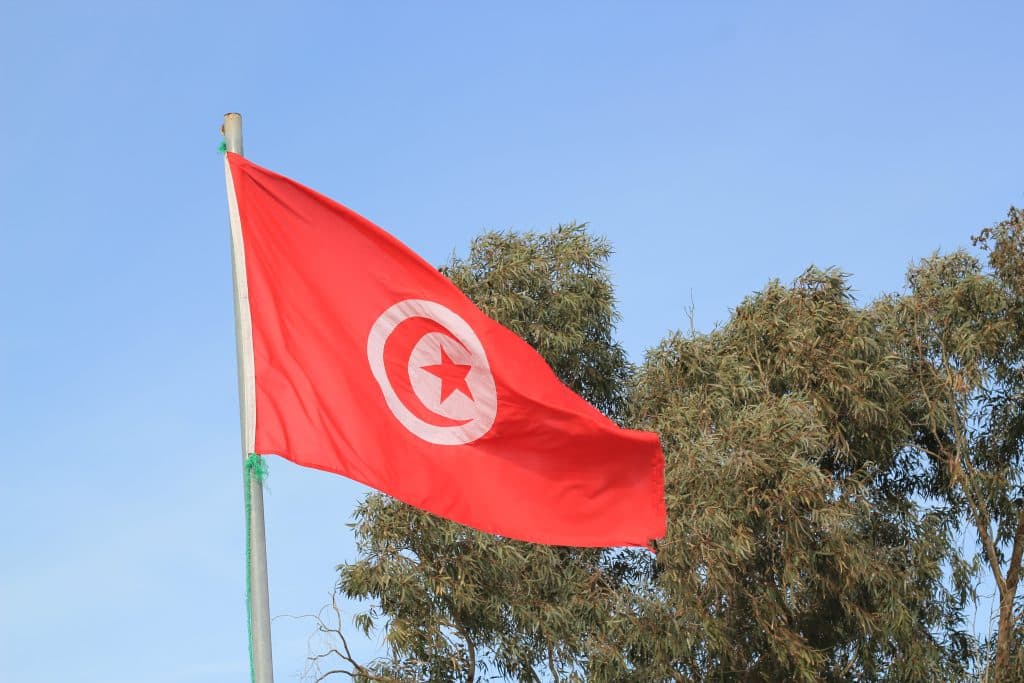After spending four weeks in Accra, Ghana, it’s time for my next field trip. I’m going to Tunisia! Will there be a big difference with Ghana when discussing migration? Or do both countries have a relatively similar perspectives on migration? This, I want to find out in the coming month.
The situation in a nutshell
Tunisia is seen as a great example in the region: it’s the most democratic and promising country in North Africa. Almost automatically, it is therefore considered an important partner in the EU’s plans to reduce irregular migration. Tunisia was mentioned as possible ‘disembarkation platform’, where migrants who are rescued by European vessels in the Mediterranean can be disembarked and processed. And there were, also, talks about conducting a deal with the country, similar to the EU-Turkey deal of 2016.
Although Tunisia’s democracy is young, it’s the only country where the Arab Spring was relatively successful.. However, Tunisia’s democracy is fragile and political tensions are on the rise. Right before Christmas, journalist Abderrazak Zorgui protested and set himself on fire. The incident is reminiscent of Bouaziz which triggered the revolution in 2011. Abderrazak spoke out against the high unemployment in Tunisia, mentioning as well: “Whoever wishes to support me will be welcome. I am going to protest alone. I am going to set myself on fire and if at least one person gets a job thanks to me, I will be satisfied.” In the days after, people indeed went to the streets to protest.
Since the Arab Spring, things have considerably changed in the country, but there are still many problems. Many people are still really poor, unemployment is high – especially for the youth, and inflation is rising rapidly. A study by the German Friedrich Ebert Stiftung from last year showed that among the youth in Tunisia there is a lot of uncertainty and a pronounced and growing willingness to emigrate. This might explain why the majority of migrants departing from Tunisia are Tunisians.
How do Tunisians see their future?
With stakeholders in Tunisia, I want to discuss how the youth sees their future in the country. What are their migration motives? Do they have hope for their country? Is there enough perspective for them to have a good life? What can be done to reduce youth employment, and to improve the economic situation in the country? And will these efforts curb (irregular) migration? It is also important to look at the possibilities for legal migration. Do these possibilities exist? Do people want them? And what should do look like?
Thus, plenty to do in Tunisia. Follow me on this blog to keep updated! And, if you have any ideas yourself on the issue of migration, share them with us through info[at]foundationmaxvanderstoel.nl.
Researcher Anne van der Meer will visit Tunisia for almost four weeks to talk about migration. Why do people want to migrate? How do they see their future? And how can irregular migration be prevented?
Photo: Riyadh Al Balushi





